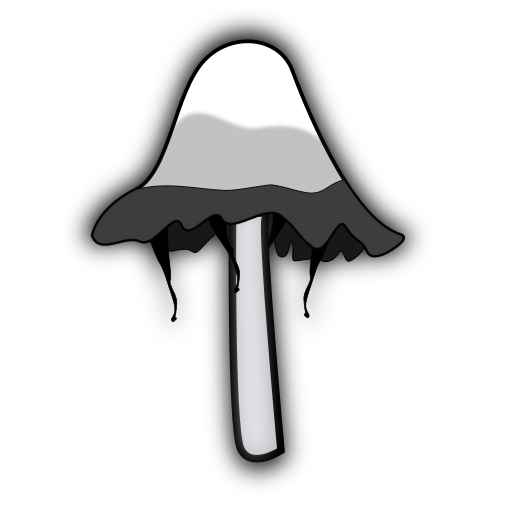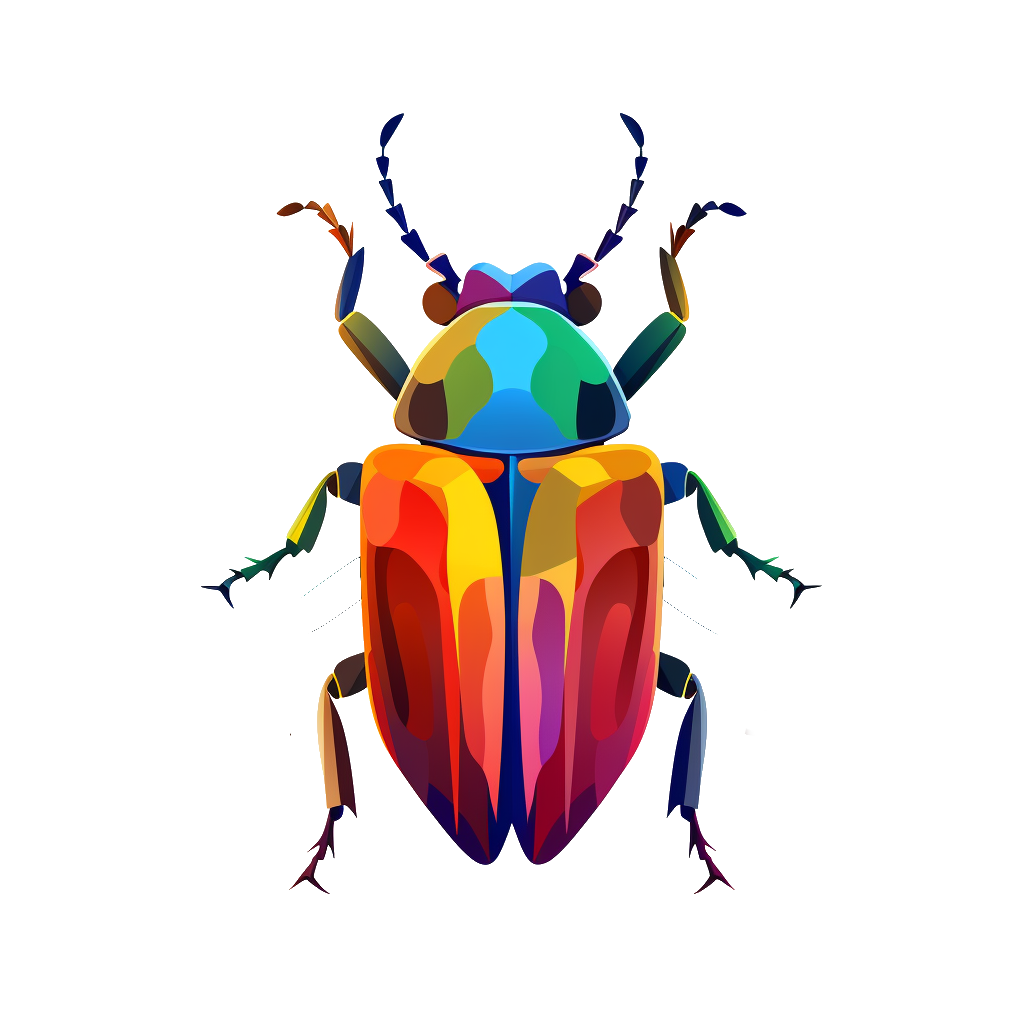

I haven’t tested/verified this myself but I’ve heard that mycelium grows particularly well on millet and rye berries. Might be a couple to add into your experimenting.


I haven’t tested/verified this myself but I’ve heard that mycelium grows particularly well on millet and rye berries. Might be a couple to add into your experimenting.


Where I’m at, we’re actually getting a decent amount of solar, but unfortunately the power district is building the solar fields over some remnant tallgrass prairie, probably since it’s cheaper than buying agricultural or residential land. This sucks since we’ve destroyed 98% of all the tallgrass prairie in the US, which makes it one of the most endangered biomes in the world, which is extra sucky since tallgrass prairie is one the most effective biomes at sequestering carbon, much more than even forests/woodlands.


Yes, most wasp species are good pollinators since adults are generally nectar feeders. They’re not as efficient as bees since they’re not as hairy, but they pollinate a lot nonetheless. Some wasps are actually specialist pollinators for certain plants (see figs and fig wasps). Wasps also serve other important roles, including population control for other arthropods since they hunt and parasitize them.
Wasps are also generally very non-aggressive. Hornets, yellowjackets, and paper wasps give the rest of the wasps a bad name, but a large amount of wasps can’t even sting, and another very large amount can sting but are very non-aggresive (solitary hunting wasps are a good example of this). I’d say even paper wasps are really non-aggressive unless you get too close to the nest, and they just tend to make their nests close to where people often go near.


I’ve been trying to get a photo of this wasp for a while. Glad I finally got lucky enough for it to stay still for a bit.


Amazing. Any ideas on fungal species? Maybe Beauveria?


Insect was inside a decayed hardwood log. Unsure of insect species but IIRC tenuipes usually attacks Lepidopterans
deleted by creator


May have triple posted this due to some issues on KBin, I tried deleting the other two.
One of the eastern North American Destroying Angel species. Found on a ridge in a hickory-oak woodland in southeast Nebraska.
Didn’t read the whole article, but the whole thing reads as very anthropocentric to me. It seems that the entire discussion is around human/Native relationships to trees and whether we’ve grieved/learned our lesson enough. Which put humans entirely at the center of the narrative, when the narrative should primarily be around the tree’s ecological relationships to all of nature. Hell, the article even mentions moth species that have gone extinct due to the downfall of the tree but fails to recognize that maybe humans shouldn’t be the center or the universe in this narrative.